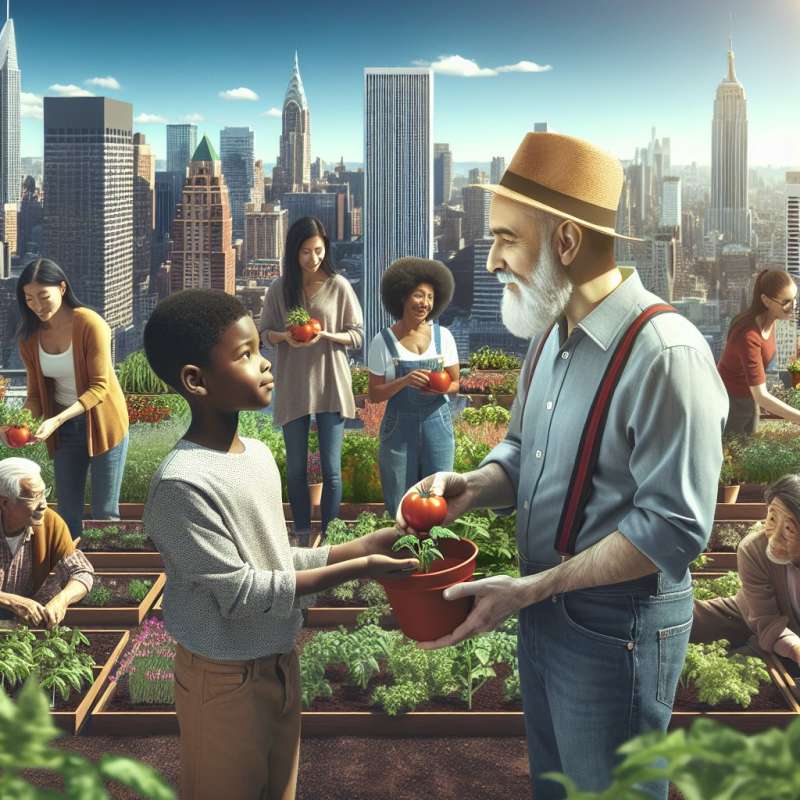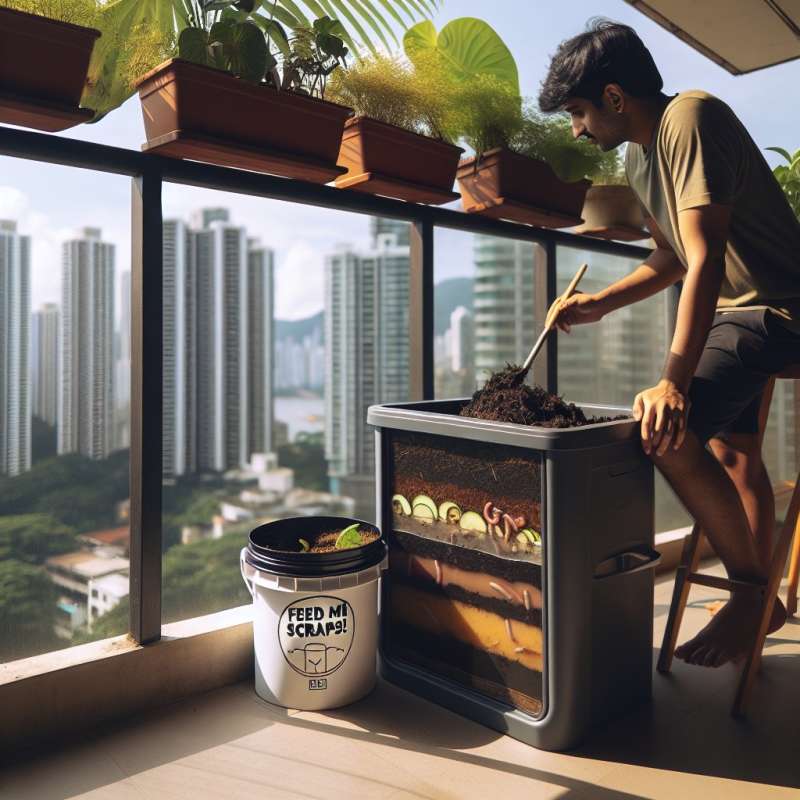
Urban Gardening Introduction
Urban gardening transforms city spaces into green havens. It's not just about beautifying; it's about sustainability, community, and self-sufficiency in food production amidst urban settings.
Container Gardening Basics
Utilize containers to grow plants without traditional garden space. Containers can range from pots to innovative vertical planters, allowing for gardening on balconies, rooftops, and even walls.
Hydroponics: Soil-Free Solution
Hydroponics is the art of growing plants in nutrient-rich water. This technique saves space and water, accelerates growth, and is ideal for urban environments where soil is scarce.
Aquaponics: Ecosystem Gardening
Aquaponics combines fish farming with hydroponics. Fish waste provides organic nutrients for plants, which in turn purify the water, creating a sustainable closed-loop system.
Rooftop Gardens Impact
Rooftop gardens can reduce a building's heat absorption, leading to lower urban temperatures and energy costs. They also create habitats for urban wildlife and improve air quality.
Community Gardens Thrive
Community gardens foster social interaction and collective responsibility. They are places of education, cultural exchange and can significantly improve local food security.
Urban Composting Essentials
Urban composting turns kitchen scraps into valuable soil amendments. Techniques like vermicomposting and bokashi allow for odorless and efficient composting in small spaces.
What's the core benefit of urban gardening?
Aesthetic city enhancement
Sustainability and self-sufficiency
Residential property value increase
Company